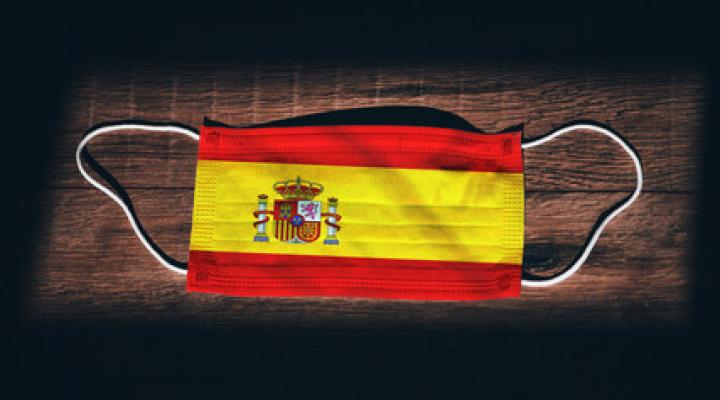
Whilst the Covid-19 Coronavirus hasn’t gone away, it is very much in decline in Spain, Britain, and many other European countries, leading leaders to relax the restrictions that controlled the virus and allowing us to enter a state known as the “new normal”. We can see our friends and families again, soak up the sunshine at the beach, enjoy a drink or two in our favourite bars and, if you’re not lucky enough to already live in Spain, from early July you will be able to travel to the country for a holiday or to return to your own holiday home.
But what, exactly, does this ‘new normal’ look like? What will be the same and what will have changed? And what restrictions will still be placed on day to day life in Spain? Here’s everything you need to know:
What Will Change?
The two main changes triggered by the end of the ‘state of alarm’ and the beginning of the ‘new normal’ are that autonomy will be given back to individual states. This means that each region will have its own rules, laws and guidelines once again. The other big change is that travel is no longer completely prohibited, with movement between autonomous regions and countries in the Schengen area permitted again. This is great news both for those whose income relies on the travel industry, and for second homeowners and tourists from overseas hoping to return to Spain.
However, it is important to note that you must follow the guidelines for the region that you are in, if you do choose to travel. If you’re travelling in Andalucia, for example, a social distancing of 1.5 meters needs to be maintained, both outdoors and indoors and face masks should be worn when it is not possible to maintain this distance. If you don’t follow these rules, you could be subjected to a 100 euro fine.
Can I use Public Transport?
As part of the new freedom of movement afforded by the return to the ‘new normal’ it is now possible to start using public transport again, but this will be subject to new rules and regulations. Spontaneity is now a thing of the past! Interprovincial air and land transport operators must sell their tickets with a preassigned seat number, and even if you are travelling by local bus or train you will need to travel in a pre-assigned seat number and share your data with the company, who will hold it on record for a minimum of 28 days.
You will also be expected to wear a face mask at all times when you are using public transport. The only people who are exempt from this blanket rule are children under 6 years of age and people with an illness or disability that prevents them from being able to wear face masks.
What Can We Do?
-Shopping. Both essential and non-essential shops are now opened, although their capacity has been restricted to 50%.
-Bars and Restaurants. Bars and restaurants are now reopened, under the proviso that they must maintain social distance. Some bars and restaurants are achieving this by keeping their tables at least 1.5 meters apart, whilst others are making use of physical barriers and screens.
-Discos and nightclubs. Both are allowed to open, although the capacity for these venues has been reduced to a third. Some nightclubs are also choosing to ban dancing, to better allow them to maintain social distancing.
-Beaches. Beaches are back in business, provided that visitors are careful to maintain social distance.
-Bullrings. Even the Spanish national pastime has been allowed to reopen its doors, with the proviso that they allow 9 meters of space for each visiting guest.
How Long Will the ‘New Normal’ Last?
The new guidelines were put in place on Monday 22nd June, after the Spanish state of emergency was ended on Sunday 21st June. But no end date for this current phase has been offered.
We expect that this new normal will be in place for the medium to long term. This is because the Spanish Health Minister, Salvador Illa, officially announced that the decree will be in place until the government declares “that the crisis is over.” it has been almost universally agreed that we cannot declare the crisis to be over either until the epidemic is fully under control (with no new cases emerging) or an effective treatment or vaccine for the condition is found. There is no way of knowing when, or even if, these drugs will be ready and licensed for use by the general public. But the latest international estimates suggest that whilst a vaccine will be ready, it won’t be readily available until early 2021.
Are you ready to make owning your own home in Spain a part of your ‘new normal’? If you’re ready to turn your dream of Spanish home ownership into a reality then why not get in touch with our local property experts, who are perfectly placed to help you find the Spanish home of your dreams.

 English
English Español
Español Deutsch
Deutsch Français
Français Svenska
Svenska Nederlands
Nederlands Italiano
Italiano Norsk
Norsk Русский
Русский


































